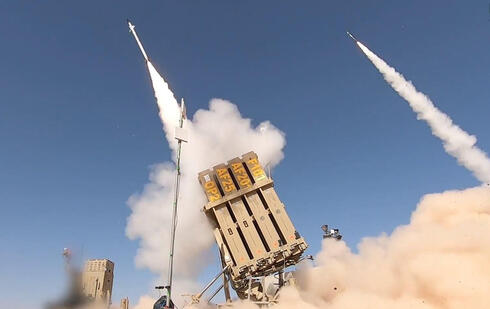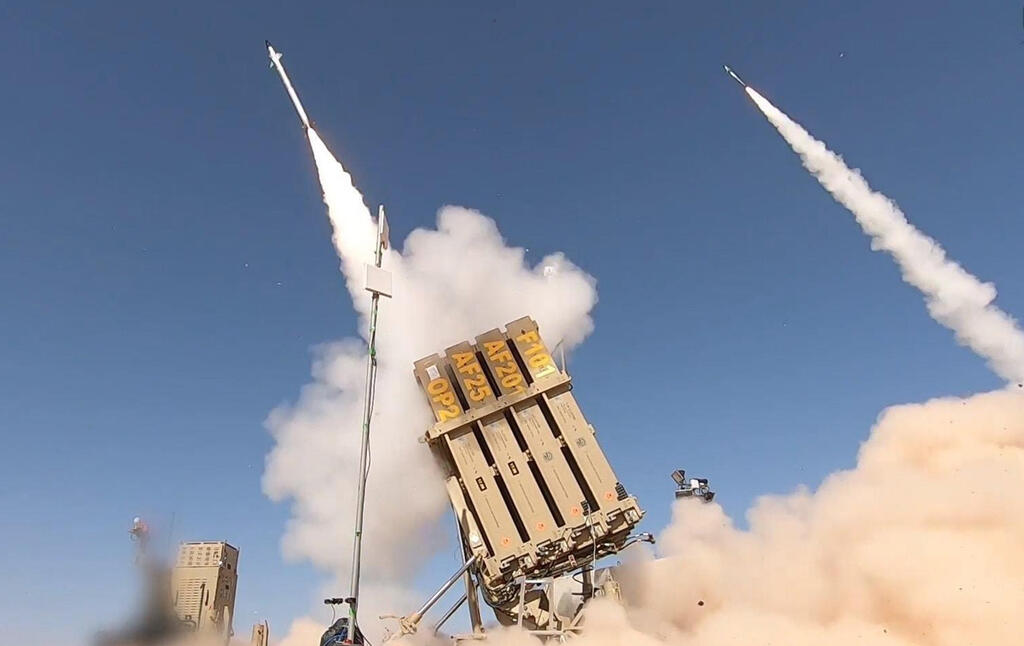
Israel on high alert amid fears of Iranian retaliation
The Israeli military halts leave for combat units amid concerns of a possible escalation following the killing of Iranian generals in Damascus, with heightened alertness and deployment of reserves and increased security measures nationwide
The Israeli military halted leave for all combat units on Thursday amid concerns of a possible escalation in violence after the killing of Iranian generals in Damascus this week drew threats of retaliation.
"In accordance with the situational assessment, it has been decided that leave will be temporarily paused for all IDF (Israel Defence Forces) combat units," the military said in a statement.
"The IDF is at war and the deployment of forces is under continuous assessment according to requirements," it said.
On Wednesday, the military said it had drafted reservists to boost aerial defenses. Residents in the center of Israel said on Thursday that GPS services had been disrupted, an apparent measure meant to ward off guided missiles.
Iran has vowed revenge for the killing of two of its generals along with five military advisers in an airstrike on an Iranian diplomatic compound in the Syrian capital Damascus on Monday.
It was widely believed to be an Israeli attack, one of the most significant yet on Iranian interests in Syria, which Israel has neither confirmed nor denied and which carries the risk of further inflaming the region.
Until now, Iran has avoided directly entering the fray, while supporting allies' attacks on Israeli and U.S. targets.
Amos Yadlin, a former Israeli intelligence chief, said Iran may choose this Friday - the last in the Holy Muslim month of Ramadan and Iranian Quds (Jerusalem) Day - to respond to the Damascus strike, either directly or through a proxy.
"I will not be surprised if Iran will act tomorrow. Don't panic. Don't run to the shelters," said Yadlin, a Senior Fellow at the Kennedy School's Belfer Center at Harvard University, citing Israel's aerial defense systems. "Be tuned for tomorrow and then, depending on the consequences of the attack, it may escalate," Yadlin said.
Meanwhile, it was revealed that the Shin Bet thwarted potential terror attacks in Israel, including an attack against the National Security Minister Itamar Ben Gvir. Eleven residents of the Negev and the south were implicated in planning attacks on bases and Ben Gurion Airport. According to the investigation, they intended to impersonate as vegetable merchants and assassinate Ben Gvir with RPG fire in Kiryat Arba.
The security tensions have also led to sharp drops in the Tel Aviv Stock Exchange. The TA 35 and TA 125 indices dropped by about 1.6% on the last trading day of the week. Banks lost 1.8%, the real estate index lost 1.7%, and the insurance index erased 3%. Despite Iranian threats and no progress in the hostage negotiation, the shekel strengthened against the dollar today after a few days of weakening against major currencies. The dollar weakened by 0.7% and traded at 3.7 shekels. The euro had earlier fallen by 0.3%, but now it has begun to rise slightly against the shekel and is trading around 4.02.
Reuters contributed to this report














